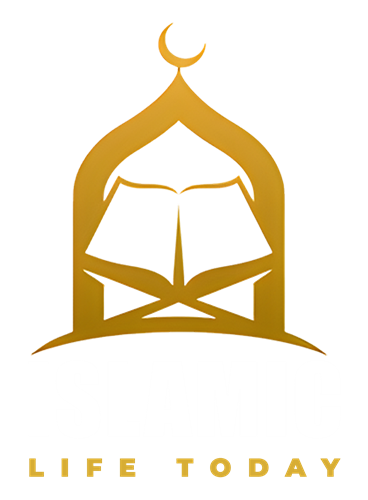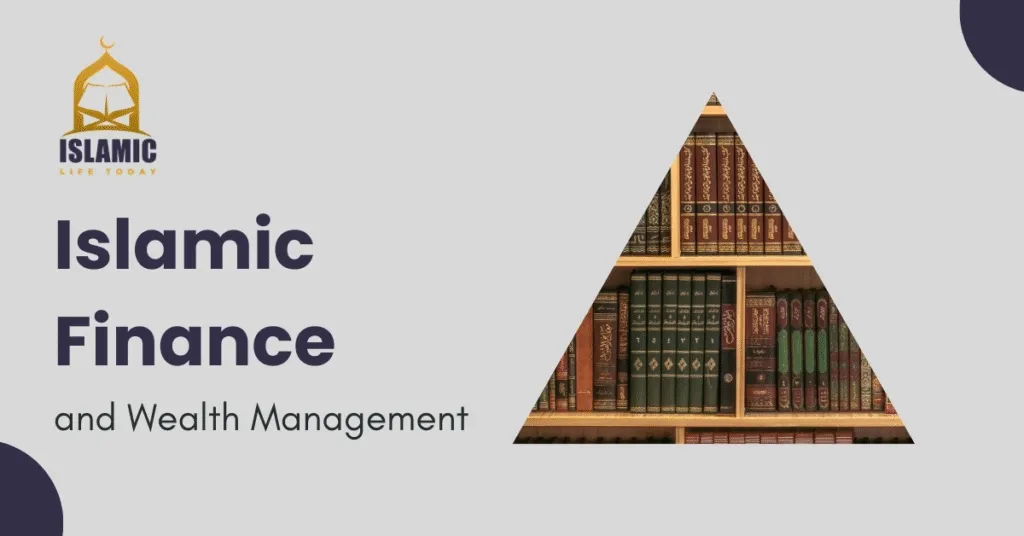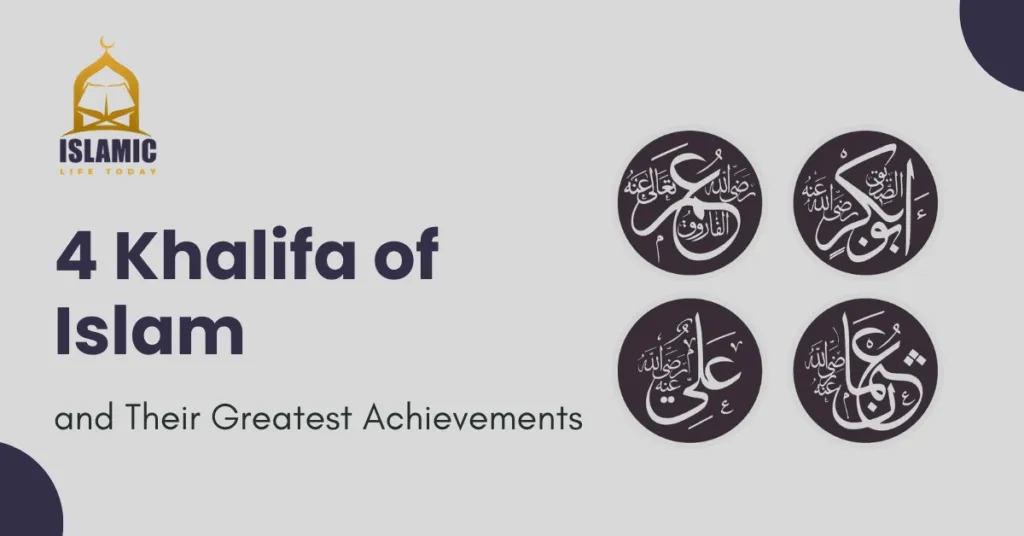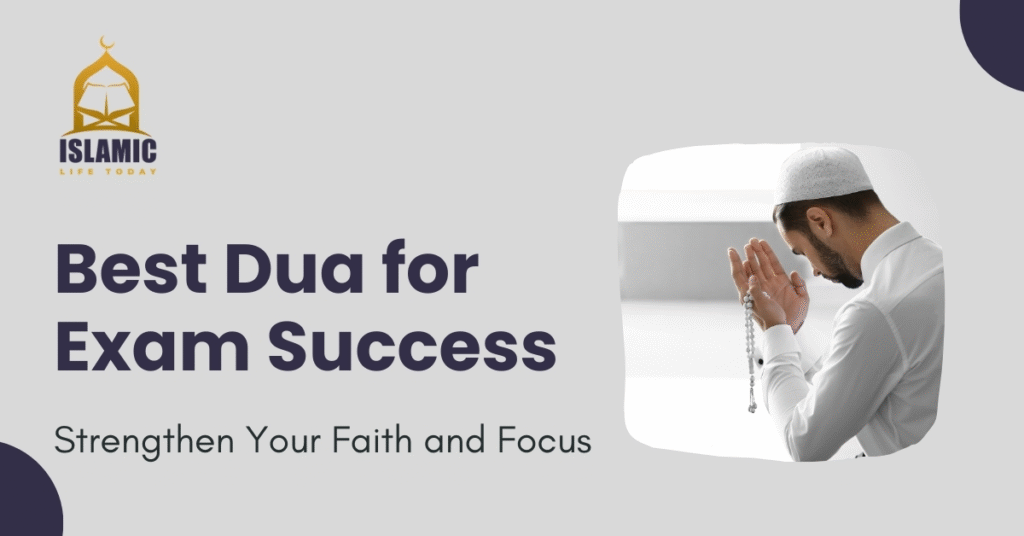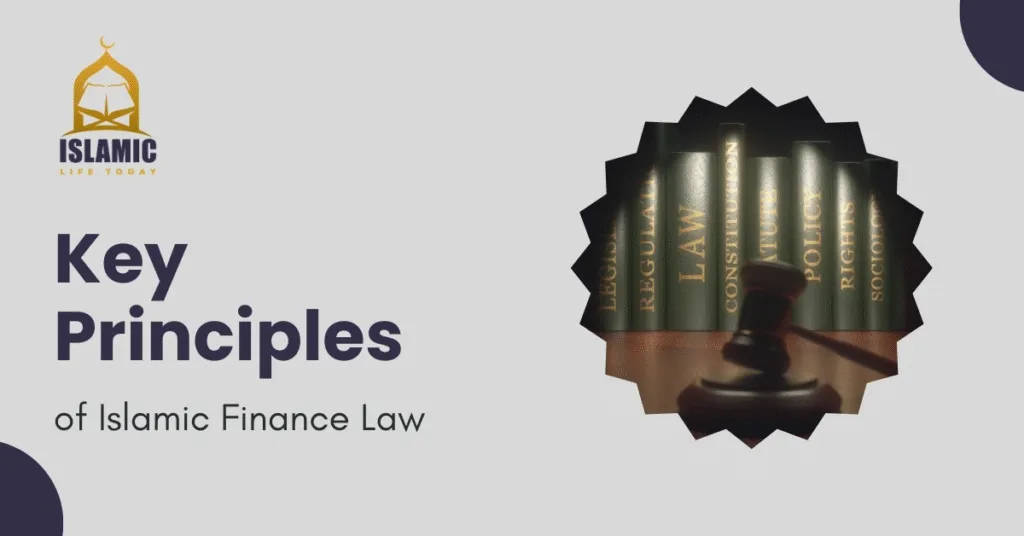When we hear the word Islamic Finance, many people immediately think that it is limited to Muslims only. But in fact, Islamic Finance is a global financial system inherent in morality, transparency and fairness – which everyone can be related to. It is not just about money; It is about values. In simple terms, Islamic finance is a way to manage wealth that aligns with Islamic principles (Sharia), promoting justice and balance in society.
What is Islamic Finance?
Islamic finance is a financial system that follows the rules of Sharia law. Unlike traditional banking, it avoids practices such as charging interest (RIBA), excessive risk (gharr), or prohibited industries such as alcohol, gambling and pork. Instead, it promotes profit-sharing, business-based transactions and investment that create real values in the economy.
Core Principles of Islamic Finance
- Prohibition of Riba (Interest): Interest-based transactions are prohibited. Instead, it is encouraged to share profit and loss.
- Avoidance of Gharar (Uncertainty): The contract should be transparent and free from hidden circumstances.
- Halal Investments Only: Money should be invested in moral and permissible activities.
These principles form the foundation of a financial system that promotes fairness and social justice.
The Importance of Islamic Finance in Today’s World
Islamic finance provides a moral, fair and durable option for traditional banking, making it rapidly important in today’s global economy.
Growing Global Demand
In recent years, Islamic Finance has gained remarkable recognition worldwide. Countries such as the UK, Malaysia, UAE and even non-Muslim-majority nations have introduced Islamic banking services. Why? Because people want moral options that provide financial stability without exploitation.
Ethical Alternative to Conventional Banking
While traditional banking often focuses on profit at any cost, Islamic finance first invested the price. This ensures that money is not only a tool for personal gain, but a means of uplifting communities and supporting fair trade. This moral foundation makes them equally attractive to Muslims and non-Muslims.
Wealth Management in Islam

In Islam, money management emphasizes Halal earning, responsible expenses and donations to balance worldly success with spiritual development.
Concept of Wealth in Islam
In Islam, wealth is considered a blessing from Allah. But this is also a test – how we earn, spend and share it. Islamic finance encourages individuals to use money responsibly, without greed or exploitation.
Balance Between Dunya and Akhirah
Money management in Islam is not only about saving and investing – it is about balanced worldly needs (Danya) with eternal life (Akhirah). Halal income, avoiding extraordinary, and supporting family and society is part of this balance.
Role of Charity (Zakat & Sadaqah) in Wealth Management
Charity plays a huge role in Islamic wealth management.
- Zakat: A compulsory act of giving 2.5% of savings annually to the needy.
- Sadaqah: Voluntary charity, which purifies wealth and earns spiritual rewards.
This ensures wealth circulates in society rather than being hoarded by the rich.
Key Instruments of Islamic Finance
The major equipment of Islamic finance includes profit-sharing contracts, sukuk and takful, designed to align money with Sharia principles.
Islamic Banking Products
Instead of interest-based loans, the Islamic banks offer profit-sharing models such as Mudrabah (partnership) and Musharakah (joint venture). These models encourage cooperation and fairness between the bank and the customer.
Sukuk (Islamic Bonds)
Sukuk is the same financial certificate as bonds, but Sharia is anxious. They represent ownership in a real property, not loans. This ensures that investment is tied to tangible economic activities.
Takaful (Islamic Insurance)
Unlike traditional insurance, which is profitable, takaful is based on mutual cooperation. Participants contribute to a normal pool, and the loss is collectively shared.
Investment Opportunities in Islamic Finance
Investment opportunities in Islamic Finance focus on Halal businesses, real estate and Sharia-influential stocks that ensure moral wealth growth.
Halal Business Investments
Investing in Halal businesses is one of the safest and most rewarding ways to increase wealth in Islamic finance. This includes technology, healthcare, education and business businesses.
Real Estate and Property
Real estate is a popular investment in Islamic Finance as it includes tangible property. The hired or sold assets under Halal contracts ensure stable, permissible income.
Stock Market with Shariah Compliance
Yes, Muslims can invest in the stock market – but only in companies that follow Sharia principles. It involves businesses involved in alcohol, gambling and interest-based institutions. Many countries now have a Sharia-Anuroop Stock Index to guide investors.
Challenges in Islamic Wealth Management
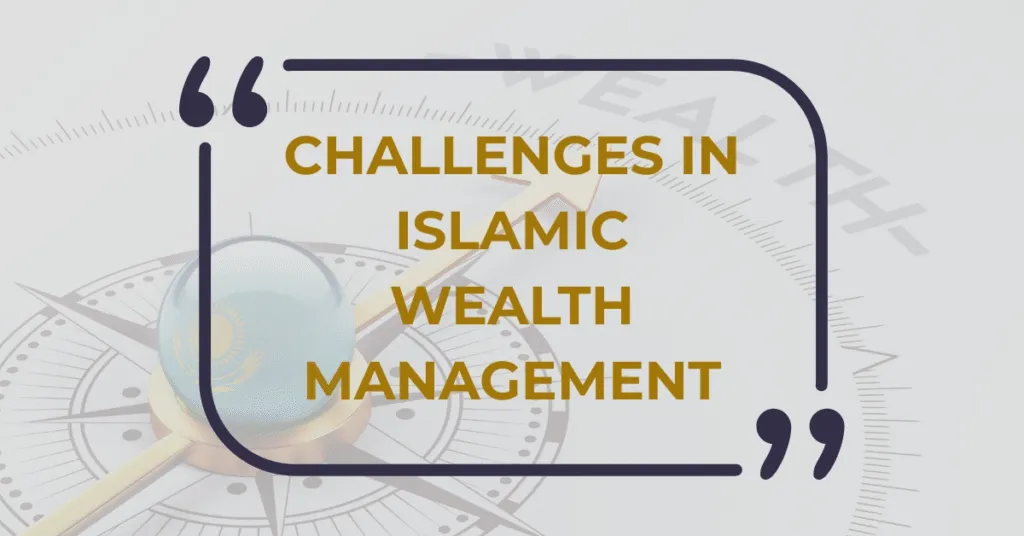
The challenges in Islamic money management include limited awareness, misconceptions and Sharia interpretations in areas.
Misconceptions About Islamic Finance
Many people believe that Islamic finance is only for Muslims. In fact, it is for someone who gives importance to moral investment. These misconceptions slow down its development.
Limited Awareness and Accessibility
While demand is increasing, awareness is still limited. Every country does not have Islamic bank or Sharia-monopoly investment platforms, which makes access a challenge.
Standardization Issues Across Countries
Different Sharia interpretations can create a variation in financial products in countries, creating confusion for international investors.
Benefits of Islamic Finance for Individuals
The benefits of Islamic finance for individuals include financial stability, ethical investment and peace of mind through Sharia-transportation practices.
Financial Stability and Security
Since Islamic finance avoids speculation and promotes real-asset-supported investments, it provides long-term stability compared to interest-operated systems.
Peace of Mind Through Ethical Investments
Investing in Halal opportunities brings peace of mind. People know that their money is not only increasing, but also pleases Allah and is beneficial for society.
Islamic Finance vs Conventional Finance
Islamic finance promotes fairness and ethical investing, while conventional finance relies on interest-based systems and profit maximization.
Key Differences in Principles
- Conventional Finance: Driven by interest, speculation, and profit-maximization.
- Islamic Finance: Driven by fairness, risk-sharing, and ethical investments.
Why Many People Prefer Islamic Finance
The transparency, fairness, and ethical foundation of Islamic finance make it a preferred option for those tired of exploitative systems. It ensures that money is a tool for good, not greed.
The Future of Islamic Finance
The future of Islamic finance lies in its growing role as a moral option for digital innovation, global development and traditional banking.
Digital Transformation in Islamic Banking
Islamic banking is becoming digital, with Fintech innovations. Mobile apps, blockchain-based contracts and AI-operated funds are managing more accessible services worldwide.
Growing Role in Global Wealth Management
By 2030, Islamic finance is expected to manage trillions in global assets. As more people seek moral investment options, its role in global wealth management will expand.
Frequently Asked Questions (FAQs)
Islamic finance stops interest, promotes risk-sharing, and only invests in Halal industries-similar to traditional finance.
Yes, Islamic Finance is open to all. Many non-Muslims choose it for their moral and transparent nature.
Yes, but only in Sharia-influential companies that avoid prohibited industries.
Zakat redistributes money in society, purifies earnings, and ensures that the needy are supported.
With digital innovations and rising global demand, Islamic Finance is ready to become a major moral financial system worldwide.
Conclusion
Islamic finance is not only about avoiding interest – it is about the creation of a financial system contained in morality, impartiality and social responsibility. For Muslims, this is a way to align money with belief. For non-Muslims, it offers a transparent, moral option for traditional banking. From Zakat to Halal investment, the Islamic Wealth Management provides a holistic approach to this world and then financial success.
